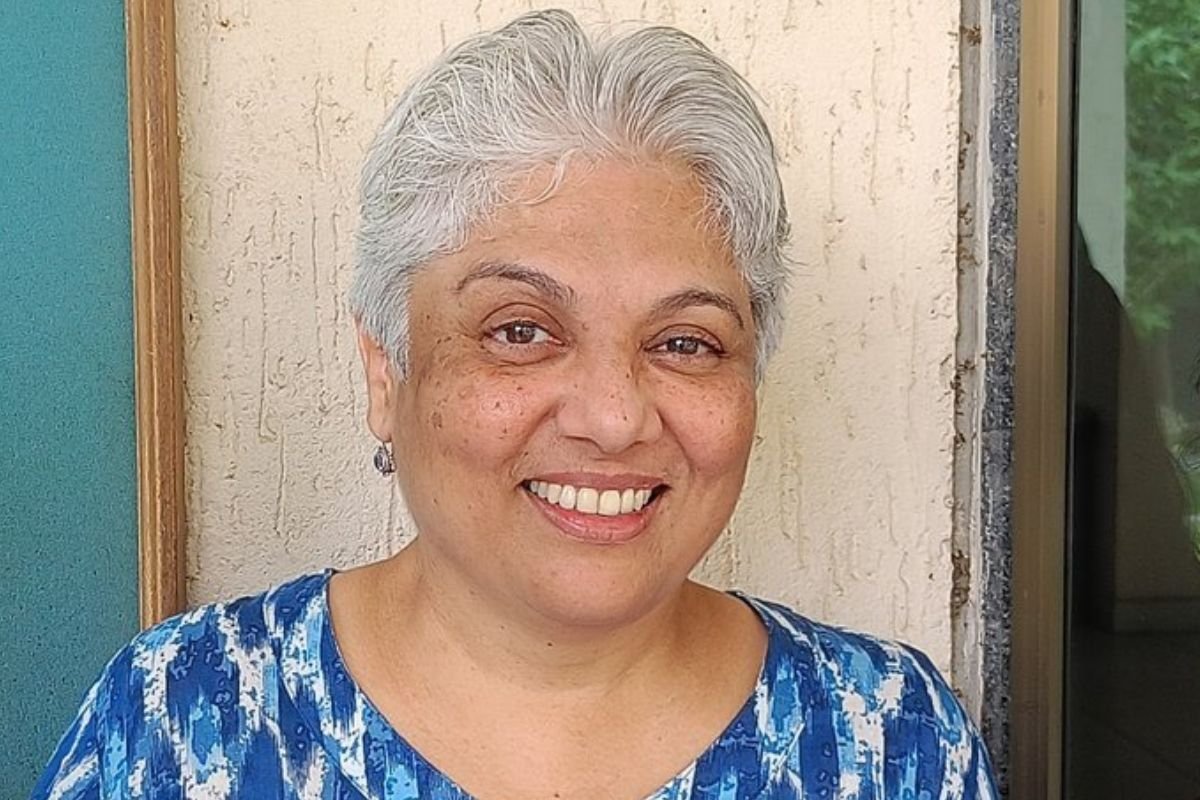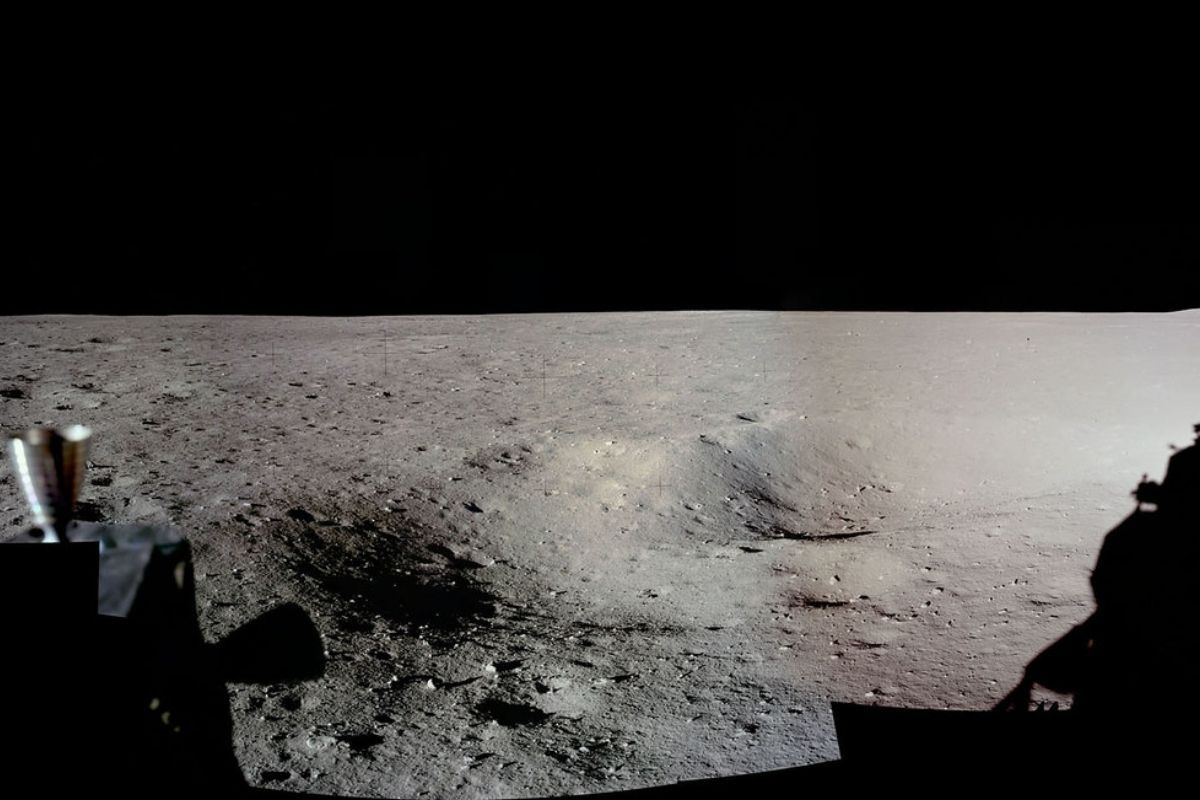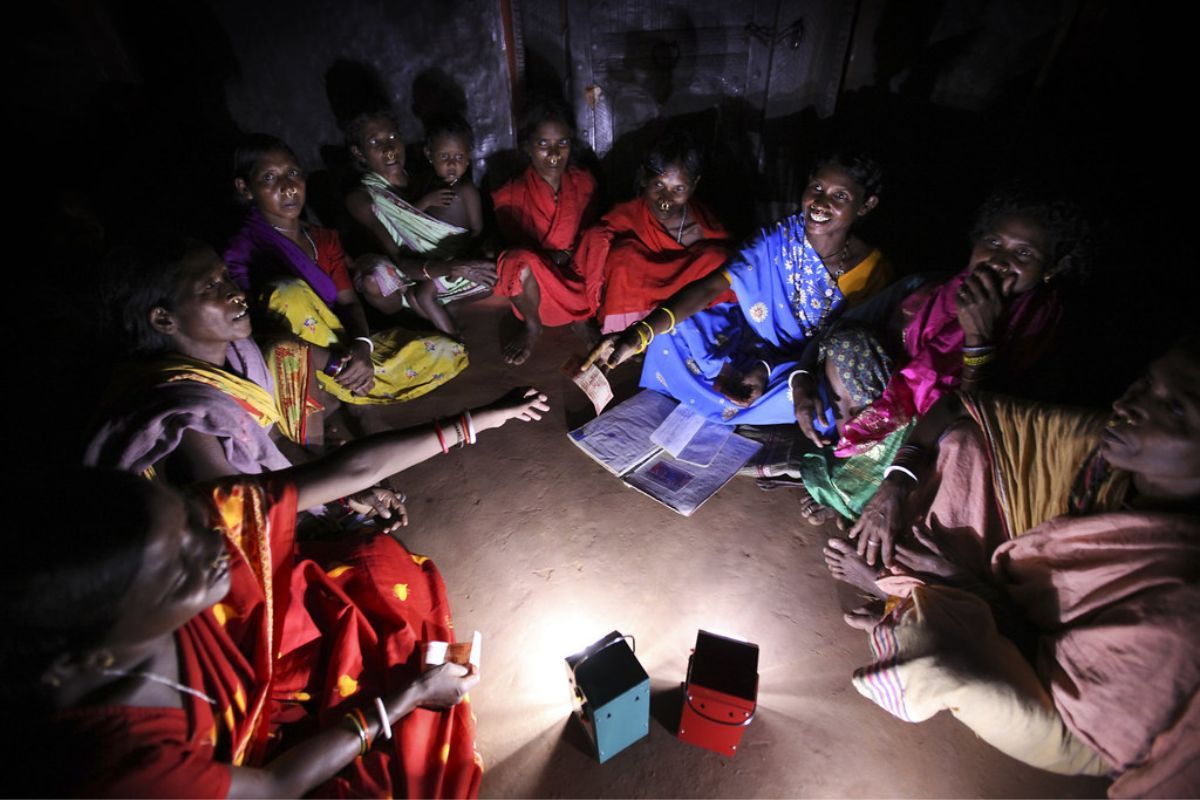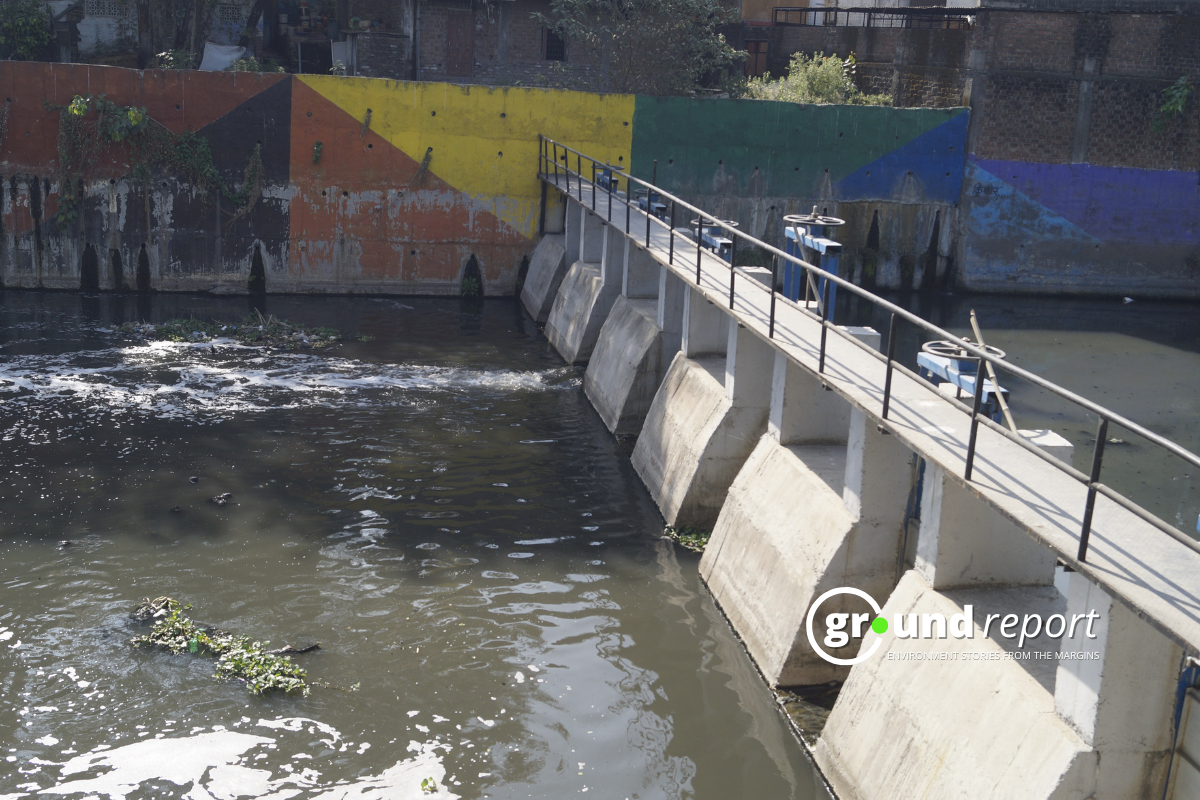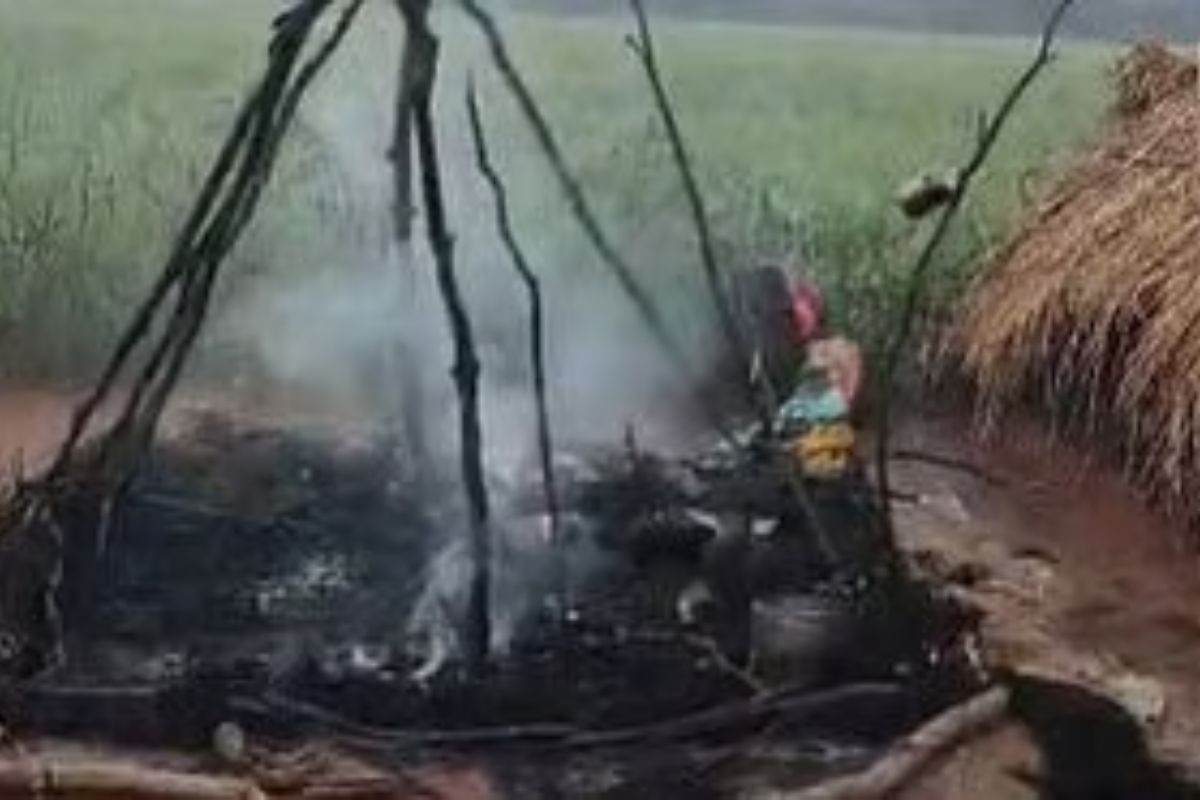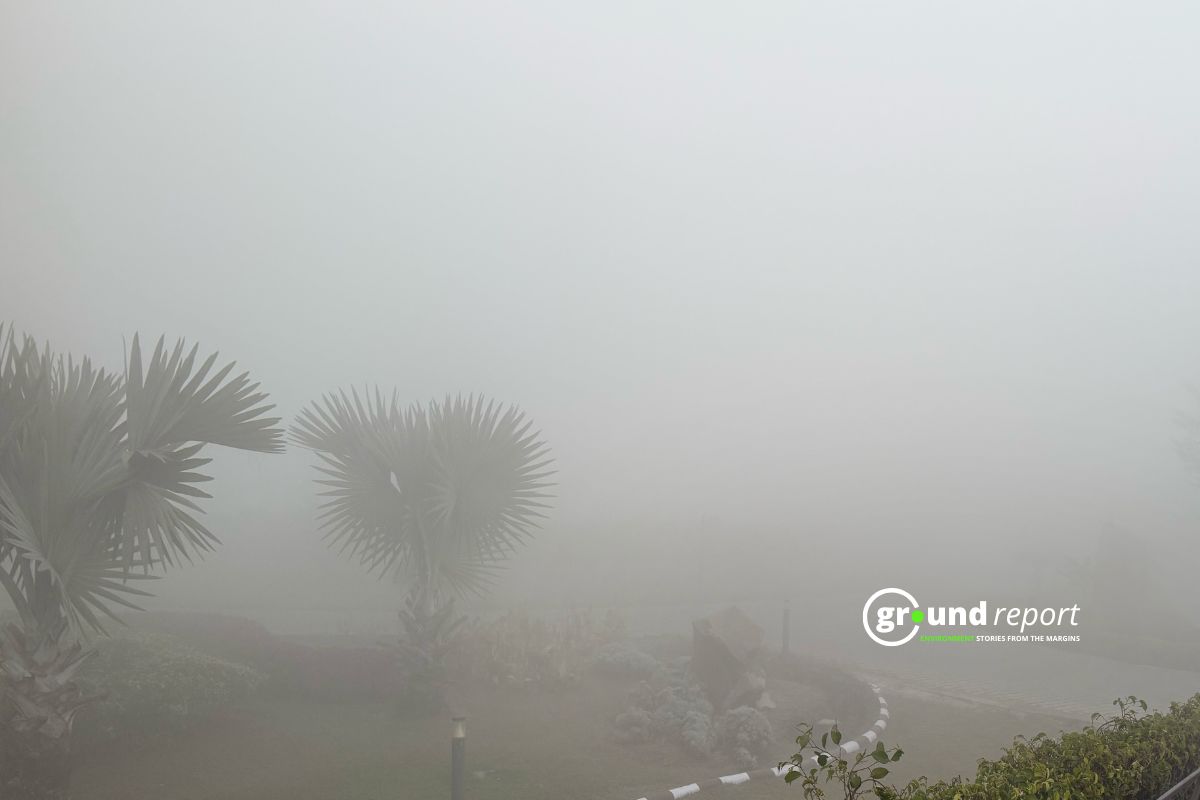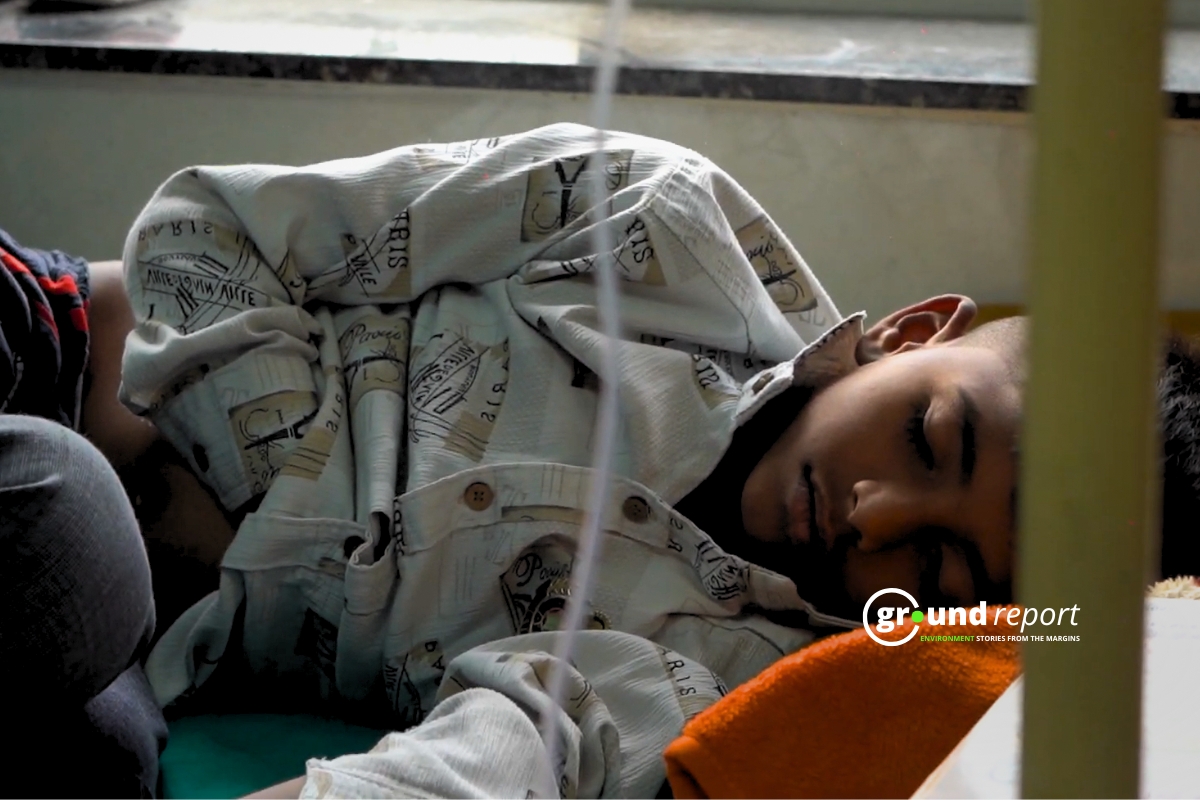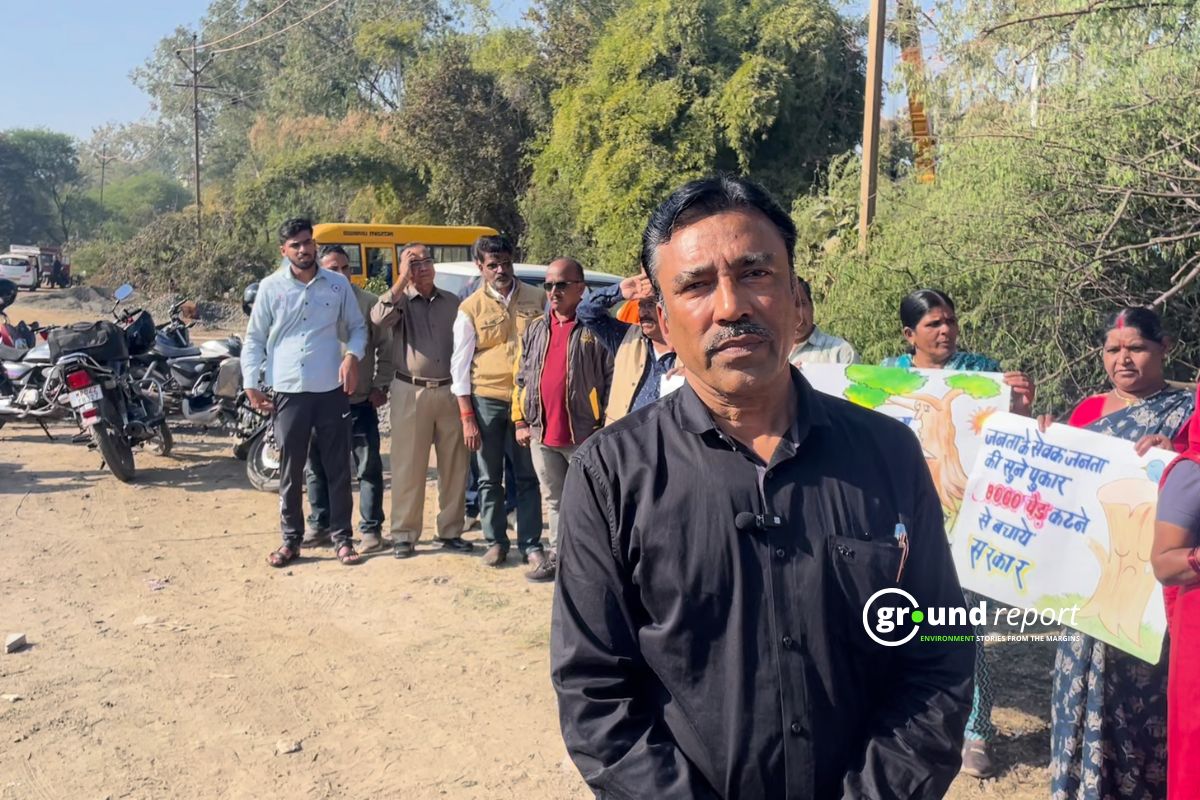In a groundbreaking development for global neuroscience, Shubha Tole, a neuroscientist at the Tata Institute of Fundamental Research (TIFR), has been elected to lead the International Brain Research Organisation (IBRO). This appointment marks the first time a president has been chosen from a developing country in IBRO’s history.
Tole’s journey to this prestigious position is noteworthy. After completing her BSc from St Xavier’s College, Mumbai, she earned her PhD from CalTech-US. In 1999, she joined TIFR as a faculty member. Her contributions to neuroscience have been recognized with awards such as the Infosys Science Foundation Award for Life Sciences in 2014 and the Shanti Swarup Bhatnagar Award in 2010.
The IBRO governing council, representing 69 scientific societies from 57 countries, announced Tole’s appointment as President Elect on Tuesday. Her term will begin on January 1, 2026, and conclude on December 31, 2028. Following this, she will serve a two-year term on the IBRO advisory board as past president.
Tole’s election is significant as IBRO presidencies have typically been from European or North American countries. Her unique perspective as a scientist from a developing nation is expected to bring valuable insights to the organization. She acknowledges the various constraints faced by researchers in developing countries, including limited access to resources, funding delays, and travel restrictions.
Lars Kristiansen, executive director of IBRO, emphasized the importance of Tole’s perspective, noting that she represents IBRO’s largest region in terms of geography, number of countries, and population. This diversity is crucial for IBRO’s relevance and impact across all world regions.
Throughout her career, Tole has held prominent positions in various neuroscience organizations and has been an advocate for diversity in the field. Her leadership roles include serving as the president of the International Society for Developmental Neuroscience and chairing the Women in Science Committee of the Indian Academy of Sciences.
As IBRO’s new leader, Tole aims to address the challenges faced by researchers in developing countries and promote creative solutions to enhance global collaboration in neuroscience.
Support us to keep independent environmental journalism alive in India.
Follow Ground Report on X, Instagram and Facebook for environmental and underreported stories from the margins. Give us feedback on our email id greport2018@gmail.com.
Don’t forget to Subscribe to our weekly newsletter, Join our community on WhatsApp, Follow our Youtube Channel for video stories.
Keep Reading
Why is Lesser Florican nearing extinction in Madhya Pradesh?
Gujarat: 38 Animals, birds die at Statue of Unity complex in 2 years
18 billion animals sacrificed yearly without making it onto someone’s plate: Study
Living planet report: Global populations of wild animals declined 69% in 50 years
